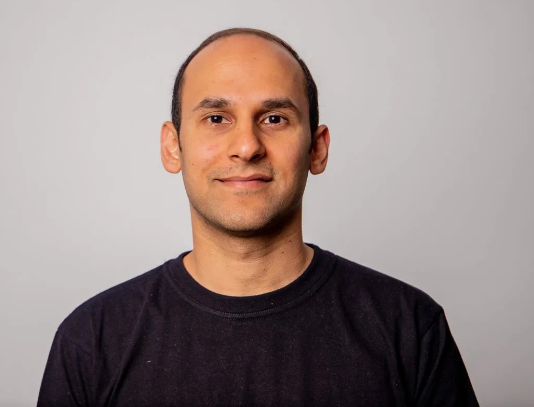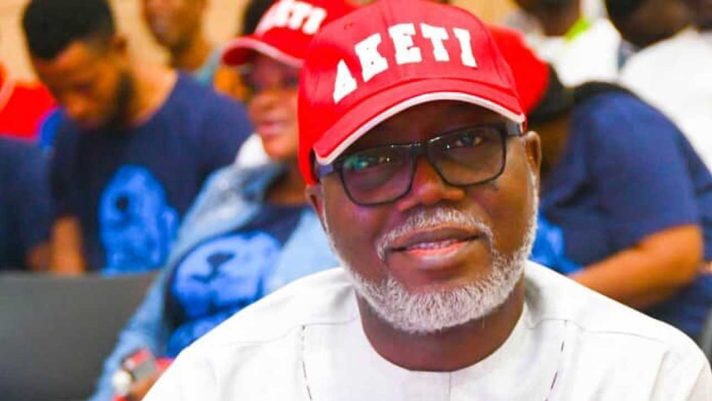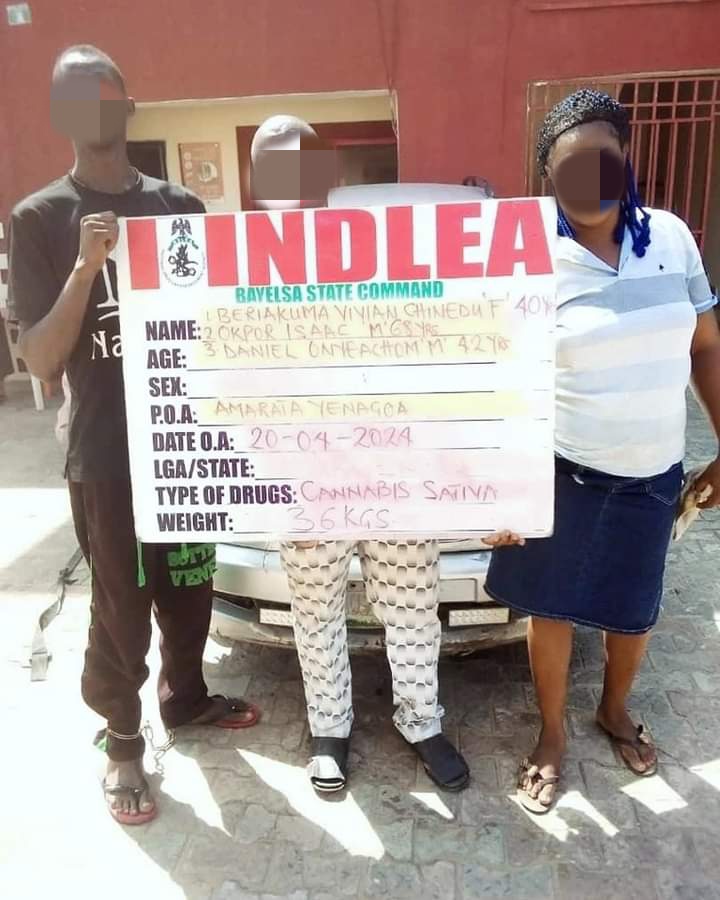Kenya police arrest, plan extradition of Binance executive who escaped from Nigeria
The Kenya Police Service has arrested fleeing Binance executive, Nadeem Anjarwalla, as the International Criminal Police Organisation moves to extradite him to Nigeria within the week. Government sources familiar with the case who spoke on condition of anonymity because they were not authorised to speak on the matter confirmed the development to our correspondent on Sunday night. One of the sources said, “Binance executive, Nadeem Anjarwalla, has been arrested by the Kenya Police Service, and he would be extradited to Nigeria this week by INTERPOL.” Another source noted, “As we had said before that Anjarwalla would be extradited, he has been arrested in Kenya, and he’ll be extradited to Nigeria this week.” The PUNCH had exclusively reported that the Federal Government had traced Anjarwalla to Kenya, following his escape from lawful custody in Nigeria. Following the development, the Economic and Financial Crimes Commission, the International Criminal Police, the Nigeria Police Force, and the Kenyan Police Service have deepened talks to quicken Anjarwalla’s extradition. In the earlier report, Saturday PUNCH reported that Anjarwalla, whose cover has now been blown, went into hiding immediately after he landed in Kenya. “We have found him. We know where he is; he is in Kenya, and we’re working with the authorities to bring him back to Nigeria. “All hands are on the deck, the government and all the security agencies are working hard in conjunction with the Kenyan authorities and INTERPOL, to ensure his return to Nigeria to face the charges brought against him,” the report had quoted a source as saying. Meanwhile, the EFCC Chairman, Ola Olukoyede, had in the March edition of its bulletin titled, “EFCC Alert,” onfirmed that the commission was working in conjunction with the International Criminal Police Organisation, the United States’ Federal Bureau of Investigation, the governments of the United Kingdom, Northern Ireland, and Kenya to extradite Anjarwalla. Olukoyed said, “The takeover of the prosecution of Binance chiefs by the commission is no less a strong message in the direction of EFCC’s resolve to hedge in distortions and disruptions in the country’s forex market. “Tax evasion, currency speculation, and money laundering to the tune of $35,400,000 and are at the foundation of the Commission’s five counts against Binance Holdings Limited, Tigran Gambaryan and Nadeem Anjarwalla, the company’s chief executives. “While Gambaryan is currently in the Commission’s net, the process of extraditing the fleeing Anjarwalla is revving in full swing. Involved in partnership with the EFCC to nick Anjarwalla in flight are the International Criminal Police Organisation, the United States Federal Bureau of Investigation, the governments of the United Kingdom, Northern Ireland, and Kenya as the clock winds down to his arraignment in absentia alongside the company and Gambaryan.”














